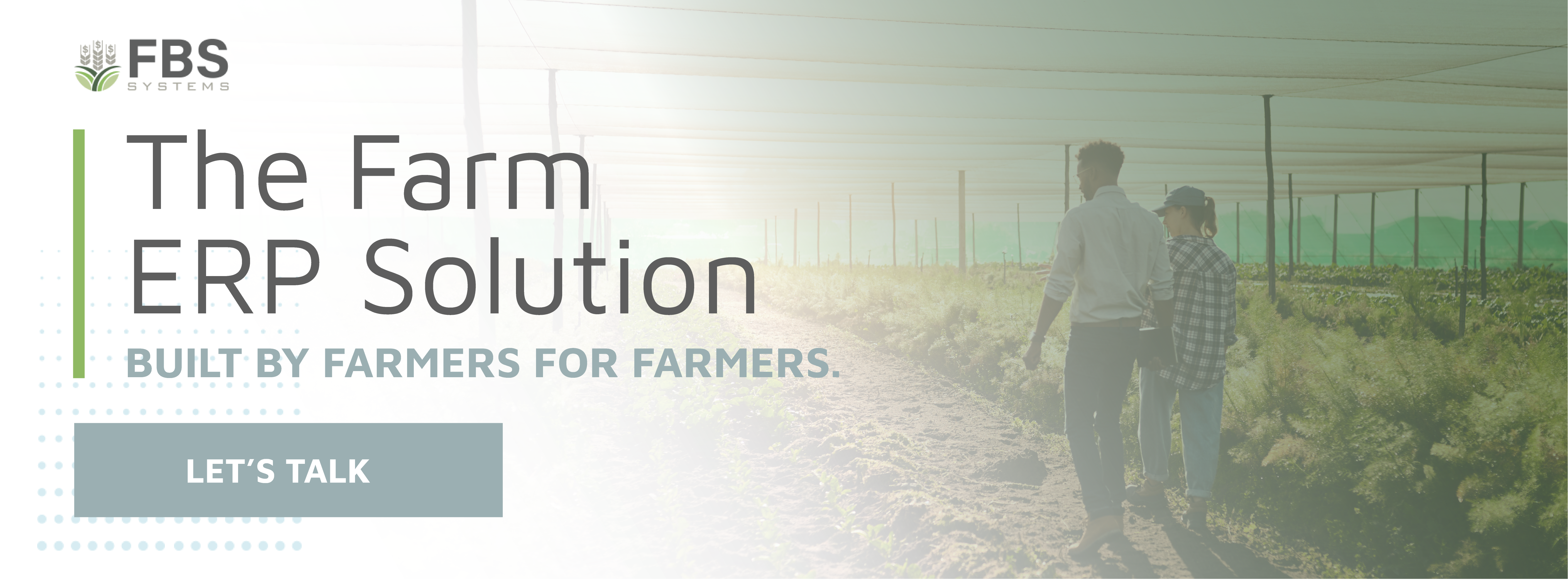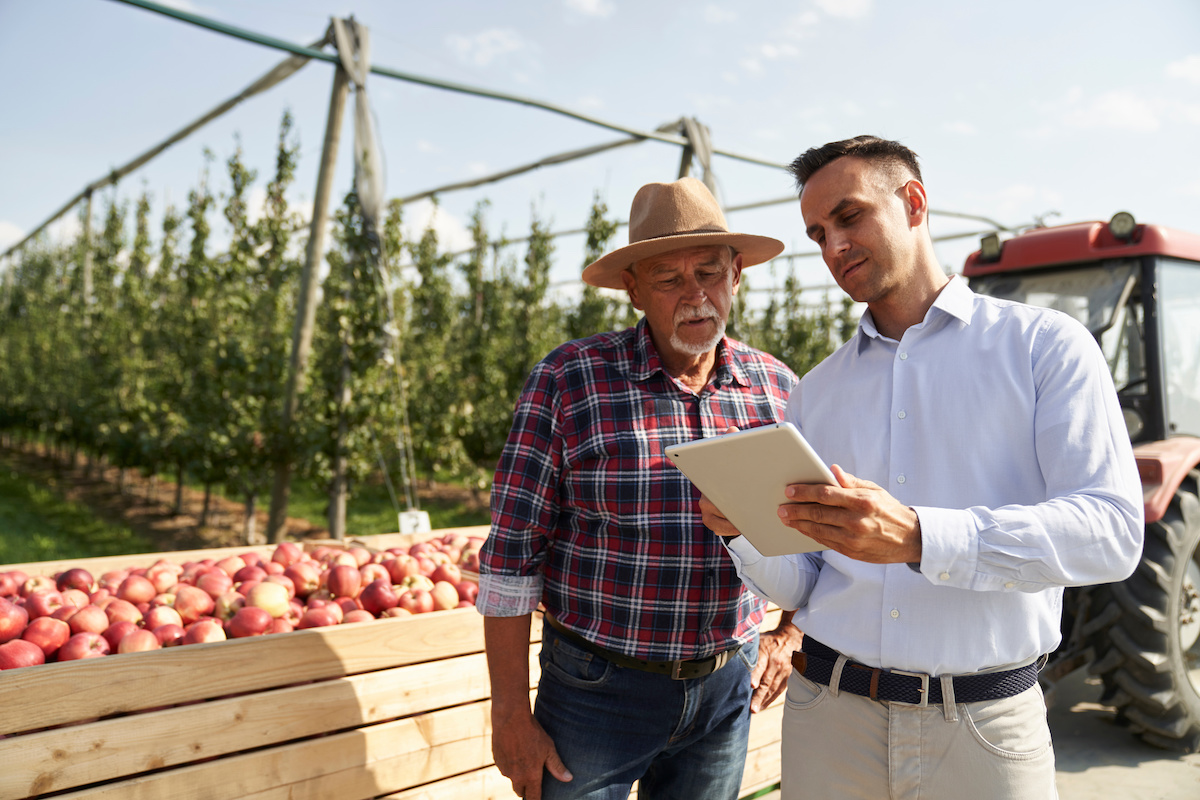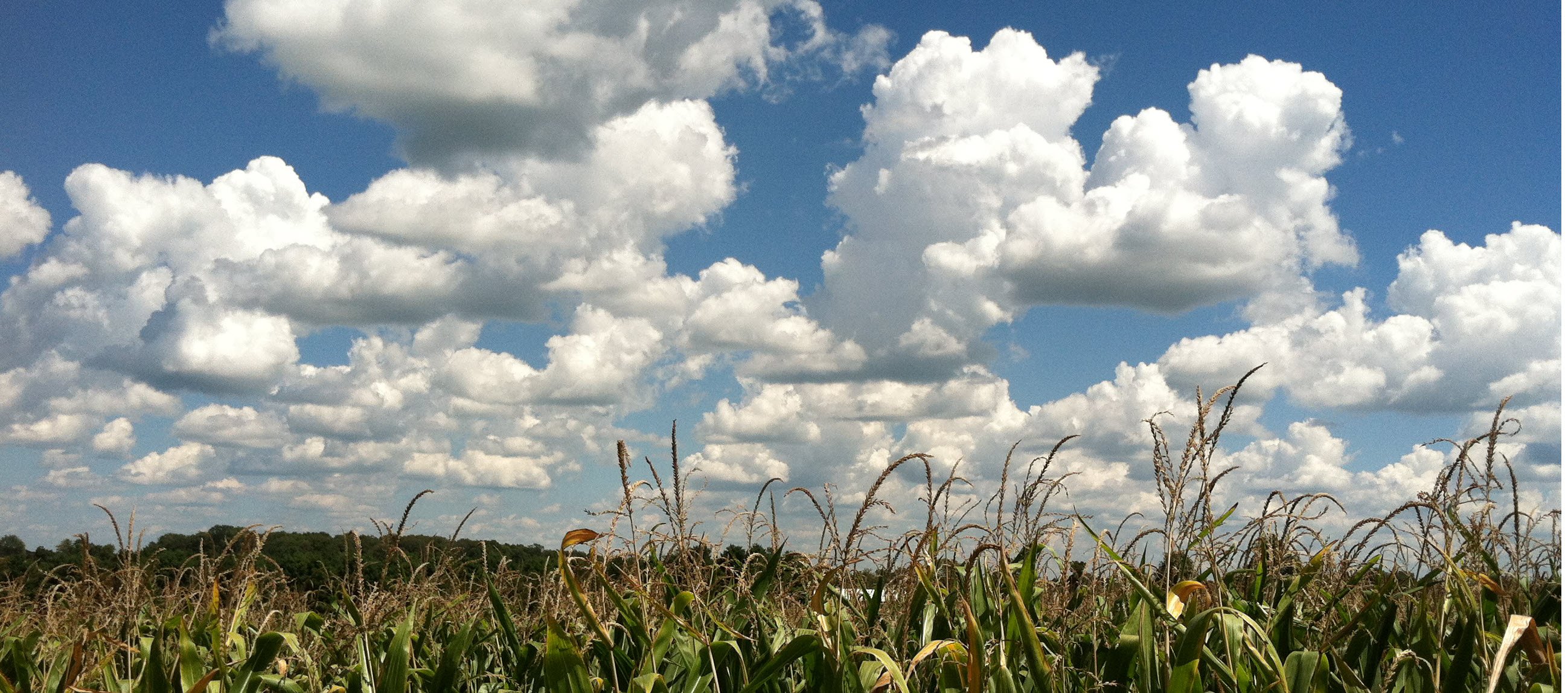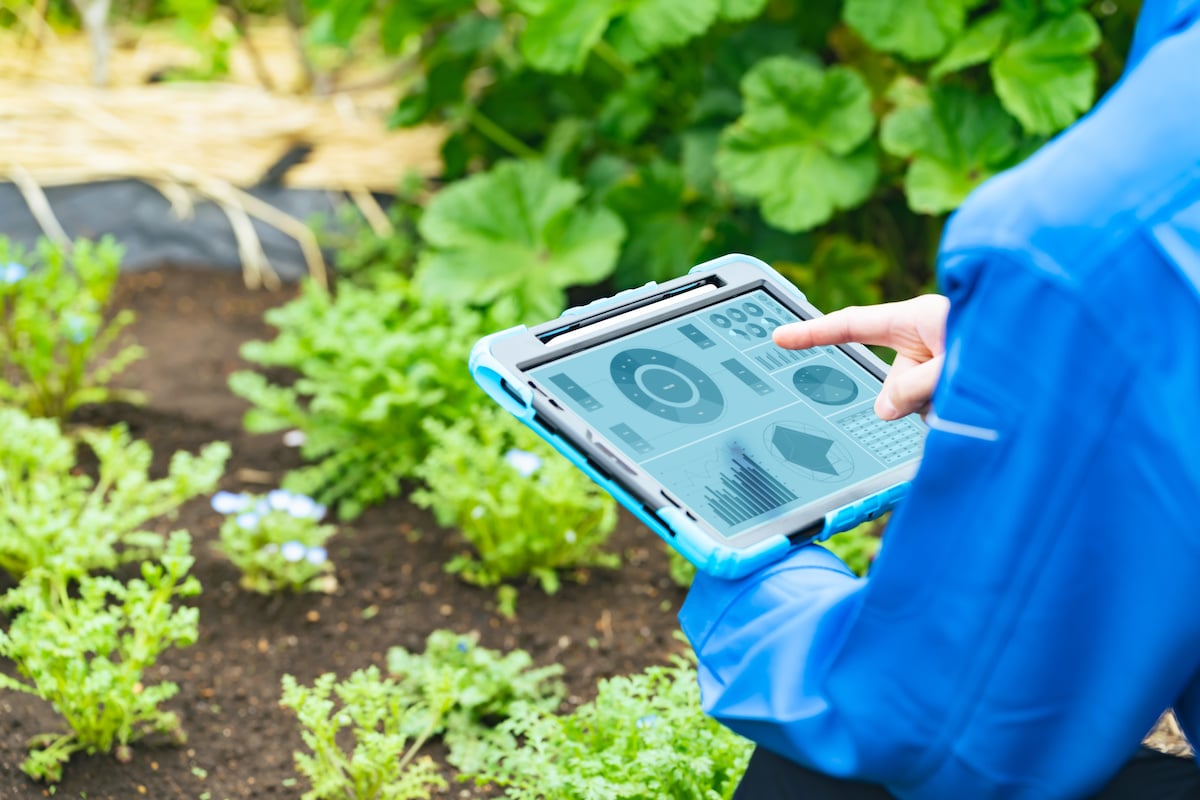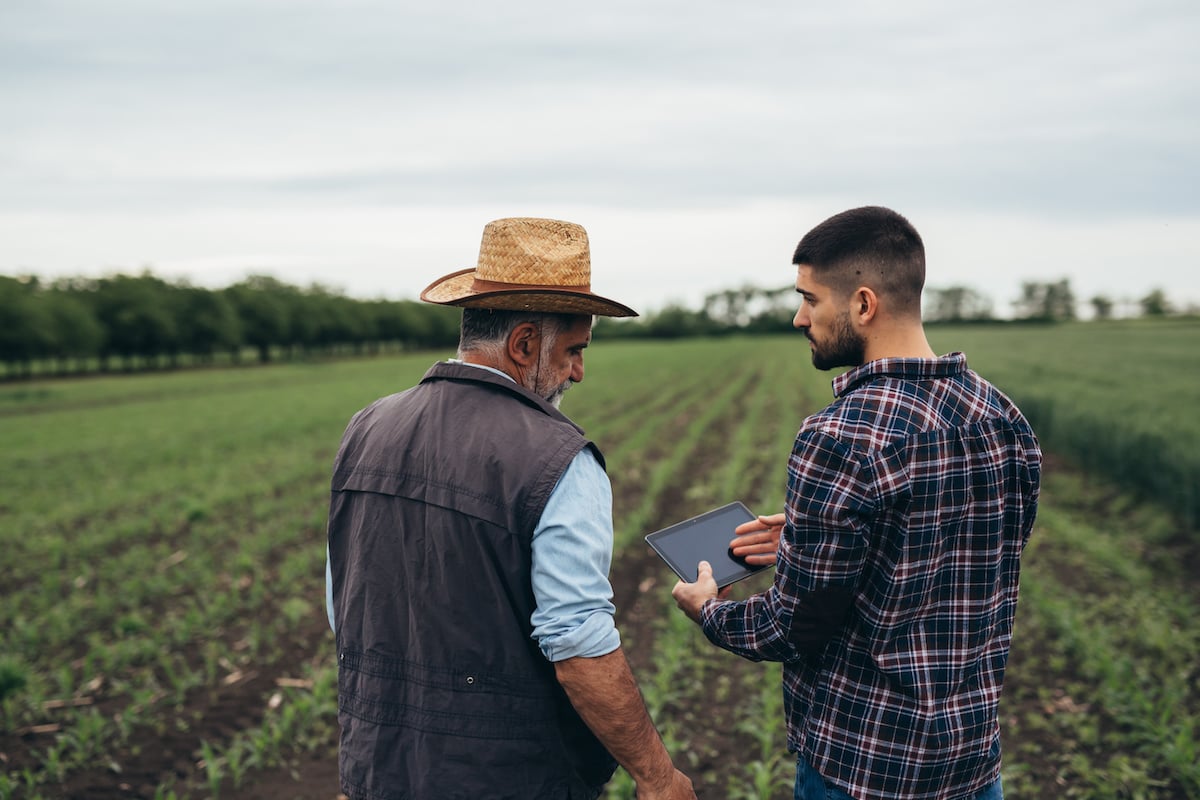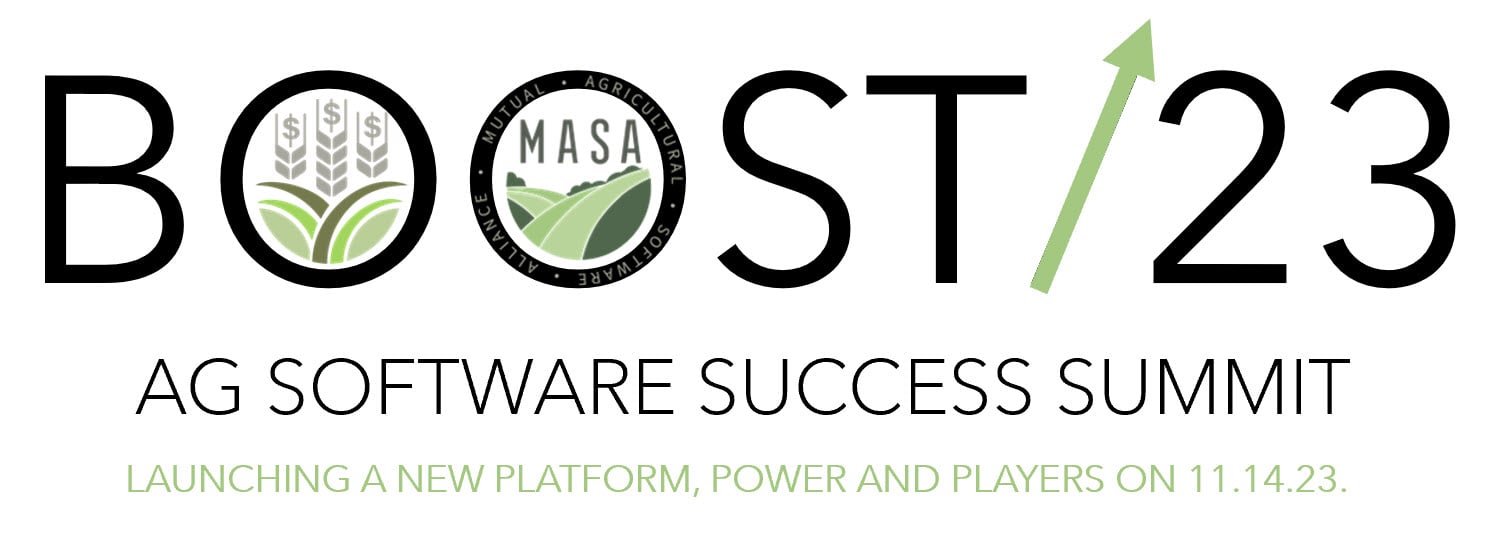One thing that the FBS team has seen a lot of over the years is how our users have grown in scale and sophistication over time. To keep up with this complexity, many farmers consider “in-sourcing” their farm’s financial management by hiring a chief financial officer (CFO) or a controller.
It’s hard for many farmers to justify hiring a full-time person with a six-figure salary. Yet, having a means of conducting an in-depth analysis of your farm’s cost and profit centers is key for profitable farming.
Does your farm require a dedicated CFO? Or, would farm accounting tech tools suffice? What are the benefits of focusing on margin management and having the right personnel and tools for that task?
Does Profitable Farming Require a Dedicated Farm CFO?
Do you need to have a dedicated CFO on your payroll for your farm accounting to work and be profitable? Strictly speaking, no. Many farmers do their own farm cost management and financial reporting and achieve success.
However, having someone on your team whose job it is to go over your farm budget, financial records, and tax documents with a fine-toothed comb to identify every instance of waste, opportunity for growth, and your real cost of goods versus your profits is incredibly useful.
For many, the biggest obstacle to onboarding a CFO for a farm is the price tag. According to Indeed, as of August 2023, the average CFO’s base salary in the U.S. was $149,863 per year. That’s a hefty price to pay for services that can be difficult to directly link to financial results. After all, hiring a CFO doesn’t translate directly into more sales or increased production—especially in the first year. It takes time to implement recommended changes and see the results of those changes.
Additionally, finding a good CFO can be a challenge as well. Farm accounting can be surprisingly complex and requires a lot of work and expertise not just in regular business accounting, but in farming practices and financial standards specific to the industry. If they don’t have experience specifically in agricultural accounting or farm management, it may take them some time to learn the ropes well enough to make sound financial recommendations.
While having a farm CFO isn’t strictly necessary for operations grossing under $10 million, as your farm grows, you may find yourself needing help with managing farm costs, assessing profitability, and assembling the data you need for tackling payroll, taxes, and daily operations. A CFO can be crucial for supporting future business management decisions and helping you reorganize and manage your farm’s debts.
For those who need help but don’t have the resources to onboard a full-time CFO, farm accounting technology can help cover the gap.
“Virtual/Partial CFOs” and Farming: An Alternative to Full-Time CFOs
Another possible plan is to use a “virtual” or “partial” CFO instead of hiring a full-time executive-level employee for your farm. Under this strategy, several farms share a single CFO—pooling resources together to provide a single shared financial advisor/expert with a software platform that allows that single “CFO” to support the needs of multiple farms.
If the farm accounting tech is run via the cloud, the virtual/partial CFO doesn’t even need to be on-site to provide service!
Farm Accounting Tech and Profitable Farming
Say you have a farm accountant on staff who isn’t at the level of CFO yet (or you do your own bookkeeping), what can you do to help improve your accounting practices so that they (or you) can do more in less time? One solution is to utilize a farm accounting software solution that can help by providing deeper insights into your farm’s cost and profit centers and make determining your actual cost of goods easier.
With the right software, you can streamline your farm accounting and management practices to improve your margin management, save time on paperwork, and make more informed decisions about your farming enterprises. It can also help a farmer move from cash-based financial reporting to accrual, management, or integrated farm accounting processes that provide a much more comprehensive look at business processes on the farm.
When looking at a farm accounting solution, it can help to consider the following:
- Your Current Accounting Level. What kind of accounting methods do you currently use? Cash-based, accrual, or hybrid? This helps establish your baseline and what your absolute minimum requirements are for any farm management tech you onboard.
- Your Farm Accounting Information Goals. Where do you want to take your farm accounting or what do you want to accomplish with farm bookkeeping? Are you just looking to create cash-basis statements to satisfy minimum reporting requirements on taxes? Are you looking to benchmark your financial performance against industry leaders? Are you looking to do a deep dive analysis on your farm margins? Your goals will help determine what kind of software you need to have to support them.
- Your Implementation Timeline. How long do you expect it to take to onboard a new farm accounting solution or, more importantly, see results from it? Like with your regular farming operations, changing your accounting methods takes time. This is one reason why it’s important to work with a software provider that both specializes in farm accounting and offers implementation support. They can help streamline the process and will be more familiar with the ins and outs of farming so you aren’t subjected to as much trial and error in your farm accounting software implementation.
The Benefits of Refocusing on Margin Management
A really great farm management and accounting solution can provide invaluable assistance with the task of margin management. How does focusing on your farm’s margins help your business? Here are a few benefits of refocusing your accounting on margin analysis and management:
Future-Proofing Against Market Shifts
When you’re making a lot of money per acre on a particular crop because it’s currently high in demand, it’s all too easy to get away with some sloppy decisions. When the profitability of a given crop is high, it doesn’t matter if there’s a bit of waste in the margins, right?
The problem with this line of thought is that it leaves farmers vulnerable to future market shifts. Crops fluctuate in value all the time—and farmers can’t set their own prices. If the price of a crop drops because of market oversaturation or other factors, that’s when managing margins to squeeze every last drop of profitability out of any given crop becomes crucial.
Measuring margins for every crop (or livestock product) also enables you to identify which ones have the best cost-to-profit ratio in the moment as well as what their minimum production costs are. This way, you can shift your production plans to focus on the most profitable crops and not just the ones with a high current market prices. Considering the delay between planting and sale, simply pursuing whatever crop is currently high-value is not a good long-term strategy as crop prices can drop drastically for a variety of reasons—such as oversupply because too many farmers are growing the same crops at the same time.
Increasing Profitability
Another benefit of measuring margins for each of your farming enterprises is how it helps you identify wasted dollars in your cost centers. This allows you to make adjustments to your farming operations to reduce costs while minimizing impacts to your production level. This, in turn, increases profitability for your farm.
Measuring margins also helps improve your farm’s cash flow so you can have a bigger safety net for unanticipated circumstances—such as needing to make a large capital outlay to cover costs related to storm damage.
Improving Financial Reporting
Conducting a thorough margin analysis and linking every farm activity to production helps you when it comes time to assemble future financial reports for tax documents, loan applications, and more.
It can be especially helpful for a loan application with your bank because it shows the lender exactly how the money will be required, what your anticipated return will be, and that you have a solid process for achieving a return on investment for them.
Get Started with a Farm ERP Solution by Farmers, for Farmers
Are you ready to leverage your farm’s field and financial data to grow your business? Reach out to FBS Systems today to get started!


